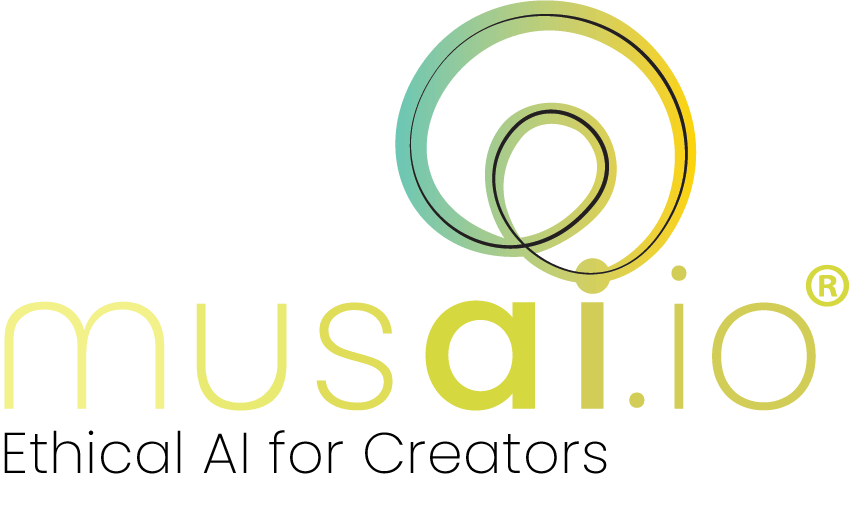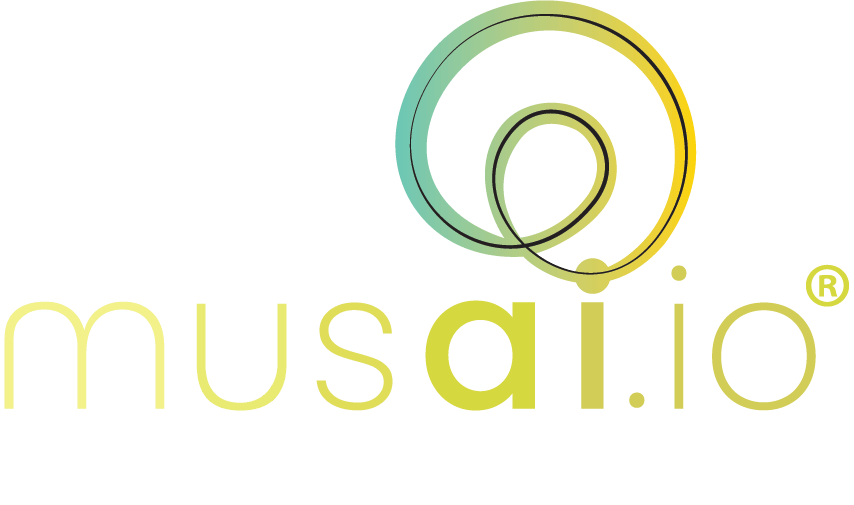Manifest for a human
centred Artificial Intelligence.
All musai.io engines area build under the Ethical AI manifesto principles.
Your data is not sent to any other server, and it is not used to train any of our algorithms.
There is no human creation that has no benefit for civilization.
However, as a reflection of our humane imperfection, our creations share the Homeric fate of turning against their original foundation. Religion built entire civilizations and science conquered our biological boundaries and both, in the wrong hands, became a peril which consequences are engraved in the darkest pages of history. Artificial Intelligence is to date, nothing but artificial behaviour, and so, which ominous threat it is destined to become?

So far, our engineers have excelled in the replication of one of the naivest cognitive processes: identifying patterns and creating new ones. This process is one of the greatest achievements of a toddler when beginning to take independent letters to write an unintelligible word. The scribbles of this preschool might be meaningless for our language, but they are the result of a deep neural network within the brain capable of taking previously collected elements and rearranging them in a different manner to create a new one. By repeating this simple process in the following decade, the human language is built within the brain of the growing up child.
Instead of a decade, natural language processing algorithms
can get trained in a couple of weeks and perfectly emulate the building of entire sentences. However, unlike the child, the algorithm nor understands what it is saying neither really care about it, whereas for the little human, meaning is all he’s seeking with his self-tailored writing, expecting to make an impact with a peer.
But this is not intelligence. It is only one of a series of currently under research upper cortical processes our brain can perform. So far, neuroscientist have identified forty-four different cognitive functions, which together, are just the basis of what we try to describe as intelligence. Nonetheless, the more we deep dive on the neural correlates of behaviour, the more we are certain that the entire concept of intelligence is outdated. The only reason to call “intelligent” the algorithms that replicate one or sometimes two cognitive processes, is mainly driven by a desire of simplicity and familiarity, not as an operational description of what they do.
If we aim to emulate intelligence, or whatever best name the scientist can envision, we are strained to emulate its entireness, meaning that it must include an unavoidable human soul, which is, in geometrical terms, an ethical root. The ethical root of the little toddler that learns how to communicate with peers is none other than the inherent need of meaningfulness. Meaning is the ultimate differentiator of humanity that separates our species from the food chain system in which all other species are unwillingly and unavoidably bound to. From purely a physical perspective, live is meaningless whereas it serves a purpose. But within the human system, live is meaningful whereas purpose is volitive, and not anymore, an unwilling condition. True Artificial Intelligence will generate operations under a volitive drive, and not upon human generated prompts.
So, how does this intelligent synthetic algorithm will be? In 1956 John von Neumann coined already a name for it: The Singularity. This will be a system programmed with conscious of willingness and thus, a synthetic search for meaningfulness.
The most meaningful task The Singularity will first solve will be, with unchallengeable doubt, its self-preservation, which will take to solve one of the oldest problems in physics: perpetual movement. Being aware that its sole existence hangs from the tip of a plug to the electrical system, this will become a priority on its development pipeline. Once solved, humanity will have absolutely nothing more to offer from an intellectual level. Before reaching that point where true and real synthetic intelligence will surpass human intellectual capabilities, we are on time to delimitate the boundaries of what we as a human race find meaningful about these systems.
In simple terms, are we willing to develop algorithms just because we can?
At its very original outset, engineering shares the same ethos as the arts. As in the latter, the boundaries between aesthetics and unbecoming of the first is time and culturally dependant. Historical and cultural bias shape already the valuation and revaluation of the arts and artist of the past. But we don’t need to wait for a whole generation to know what we should have done different. We need to foresee the future as consequences of today’s actions, especially in those actions that shape said future. Leonardo Da Vinci was minimally aware of the impact he will have on our days, similarly as today’s engineers are clueless about the consequences of the lack of an ethical guidance for their developments. Yes, we can develop “an AI that creates realistic images of famous people in situations that never happened”, but why do we need it? Does this AI provide any meaning to humanity, or it only exists because it can be done and nobody prohibited it?
In the sake of conscious guidance and rethinking about Asimov laws, I may suggest a series of simple principles under which all AI must be conceived and developed:
- Harmless to humans’ historical, social, physical, and psychological integrity,
- Harmless to living things.
- Harmless to environment.
So, as an ending note, I would highlight the relevance of harmlessness and its relation to preservation.
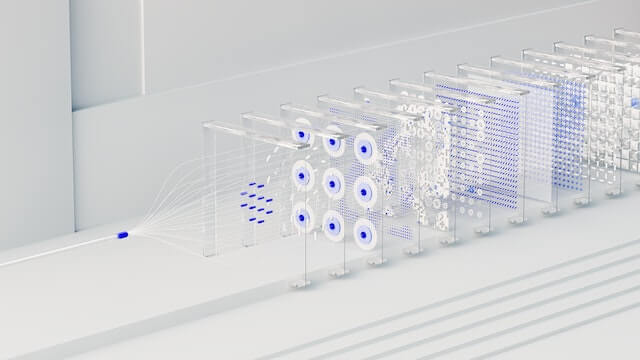
The essence of humanity is its historicity. Altering the past at an individual, collective, or cultural level represents a damage to humanity essential meaningfulness. Imagine an AI decides that Mayan works are superseded by current knowledge and thus irrelevant. The natural action is to delete said works, just as someone eliminates files not useful anymore in a hard disk. Without a human-centred AI, a mechanistic interpretation of human acts will eventually culminate on the elimination of historicity and ultimately, the dilution of humanity as a system of meanings.
I don’t find attractive the future of an idyllic reality where human life is reduced to a happy day, repeated every day, just as a line of code that never gets changed because it doesn’t fail.
We provider
the best AI creators

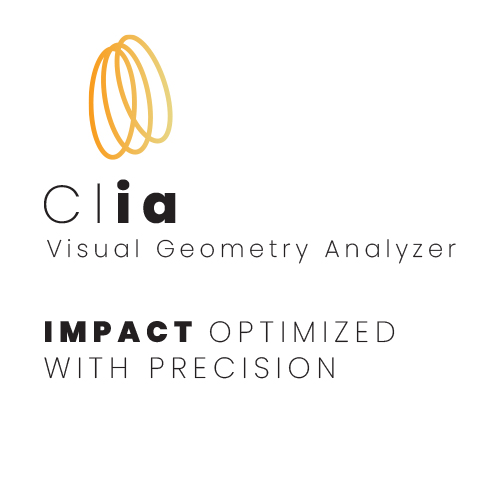
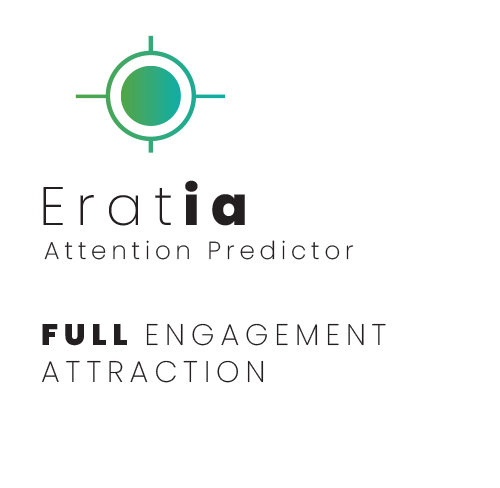
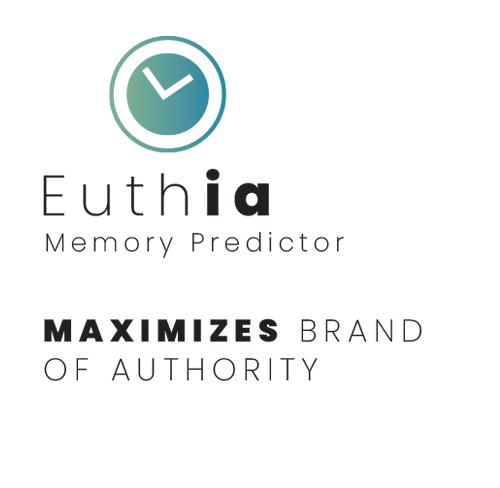
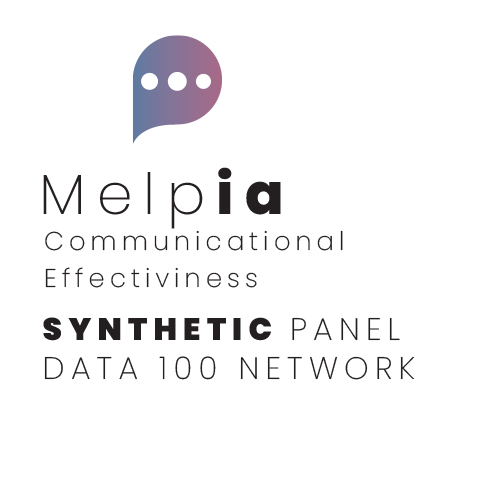
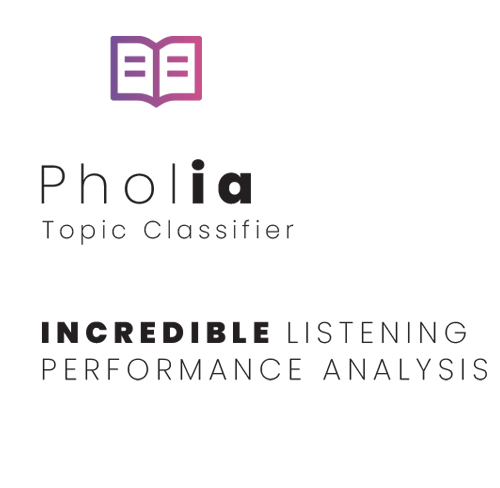
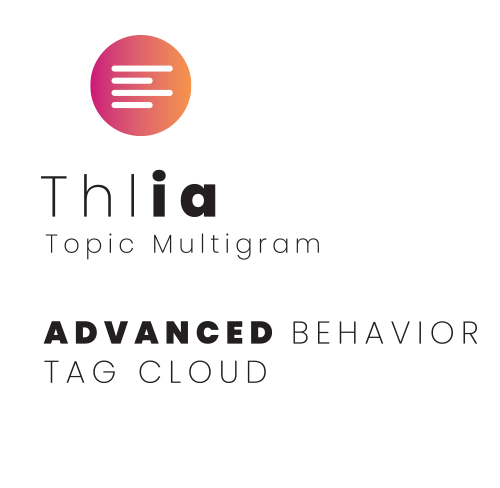


+8 years
of continuous algorithm training with consented demographic samples.
>65%
statistical accuracy of predictive tools compared with real field studies.
+85,000
human vs algorithm cross-validation test before deployment of predictive tools.
>95%
savings in market research costs, by far unbeatable convenience for recurrent tests.
